Keeping pests out of the garden doesn’t require harsh chemicals. Here are 13 effective, natural methods to protect your plants while keeping your garden eco-friendly.
1. Companion Planting

Planting certain plants together can naturally repel pests. For example, marigolds deter aphids, while basil repels mosquitoes and flies. Mixing pest-repelling plants with vegetables or flowers can protect your garden without chemicals.
2. Use Neem Oil
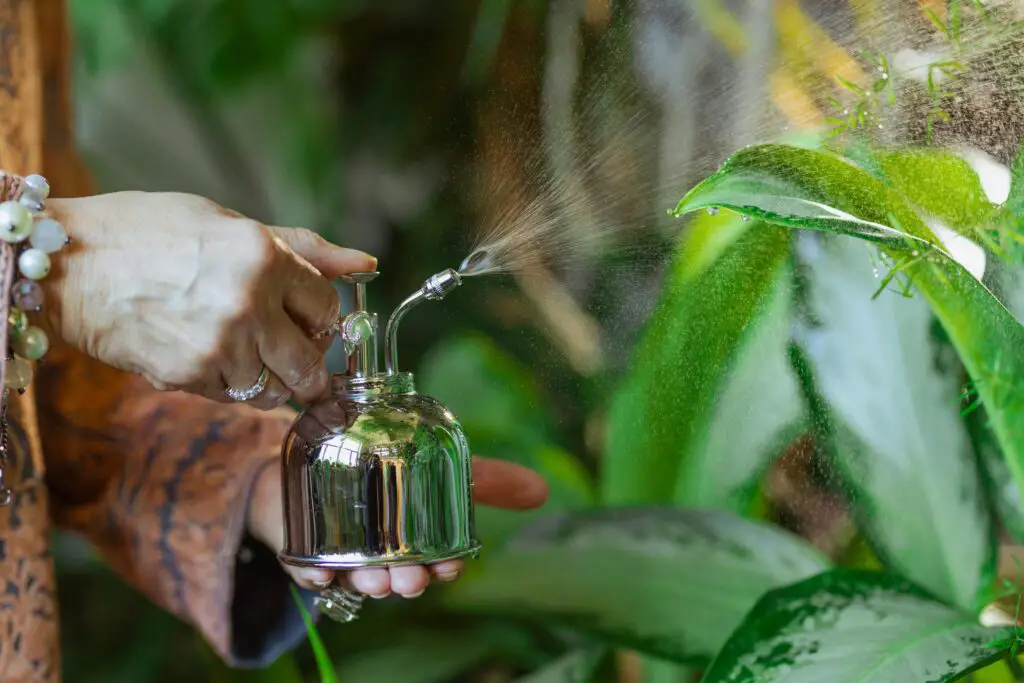
Neem oil is an organic, plant-based insecticide that disrupts pests’ feeding and breeding. It’s especially effective against aphids, spider mites, and whiteflies. Spray it on plants weekly, but avoid using it in high heat or on plants that bees visit frequently.
3. Introduce Beneficial Insects
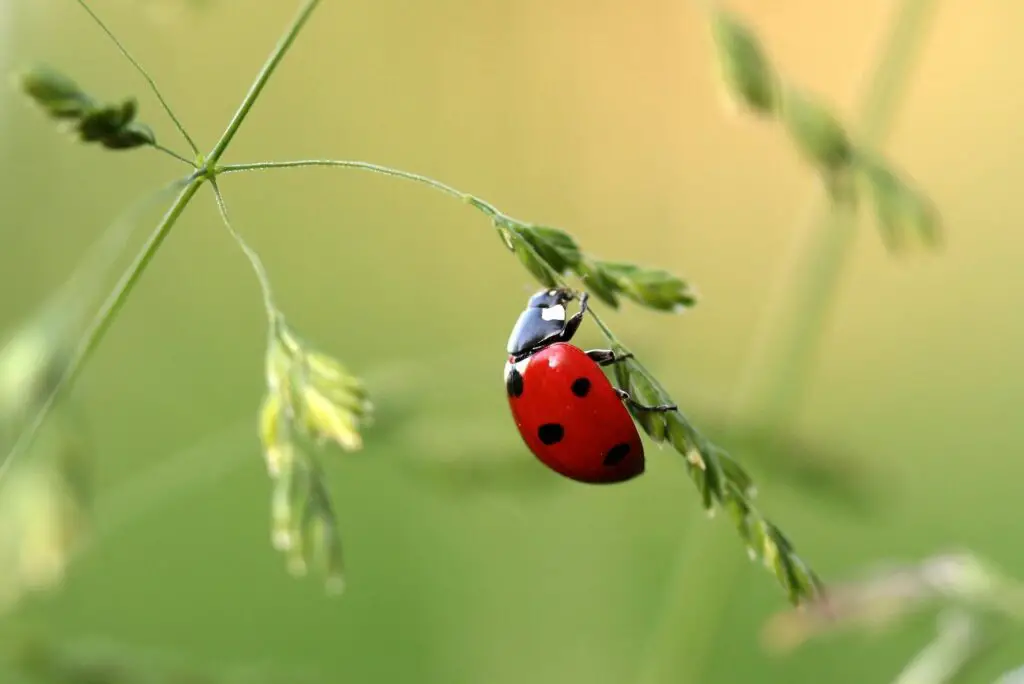
Some insects, like ladybugs, lacewings, and praying mantises, are natural predators for common garden pests. You can purchase these helpful insects online and release them into your garden to control aphids, caterpillars, and other pests naturally.
4. Create Homemade Garlic Spray
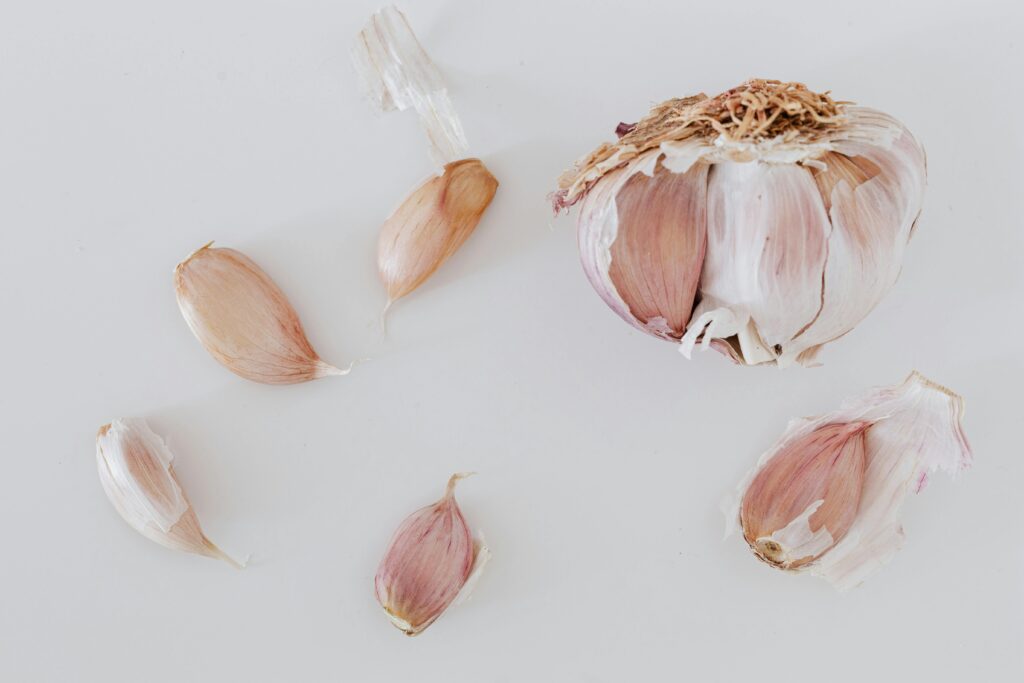
Garlic spray is a simple, homemade solution that deters pests like aphids, beetles, and caterpillars. Mix crushed garlic with water and a bit of dish soap, then spray on plants. The strong smell keeps pests away without harming the environment.
5. Use Diatomaceous Earth

This natural powder, made from fossilized algae, can deter pests like slugs, beetles, and ants. Sprinkle diatomaceous earth around plant bases or along paths. It’s harmless to humans but deadly to pests with exoskeletons, as it dries them out.
6. Attract Birds to Your Garden

Birds are natural predators of many garden pests, from caterpillars to beetles. Set up bird feeders, birdbaths, and nesting boxes to encourage birds to visit. They’ll help control pest populations while adding beauty and life to your garden.
7. Try Epsom Salt
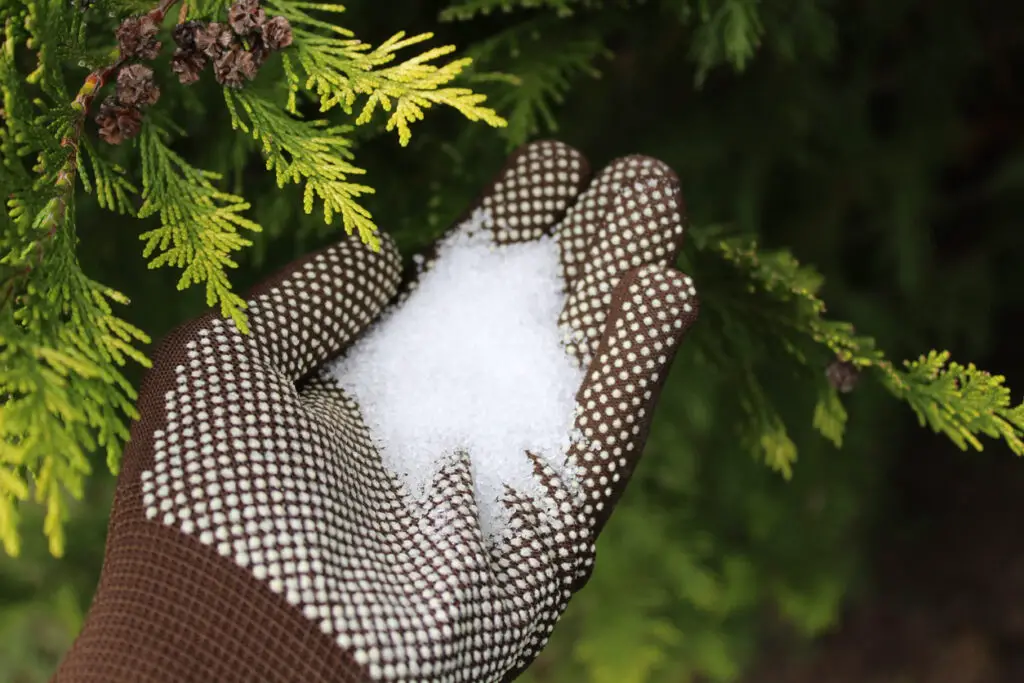
Epsom salt is excellent for repelling slugs and snails. Sprinkle a small amount around the base of plants to keep these slimy pests away. Epsom salt also provides magnesium, which helps plants thrive, so it’s a win-win!
8. Use Citrus Peels

The scent of citrus repels certain pests, including ants, aphids, and mosquitoes. Scatter citrus peels around your garden, or rub them on plant stems as a natural pest barrier. Citrus also adds a mild acidity to the soil, which can benefit some plants.
9. Set Beer Traps for Slugs and Snails

Fill shallow containers with beer and bury them near plants with slug problems. Slugs are attracted to the smell, fall into the container, and can’t escape. It’s an easy, effective, and chemical-free solution.
10. Rotate Your Crops

Planting the same crops in the same spots year after year can attract pests that target those plants. By rotating your crops each season, you prevent pests from building up and help keep your soil healthier.
11. Create Physical Barriers
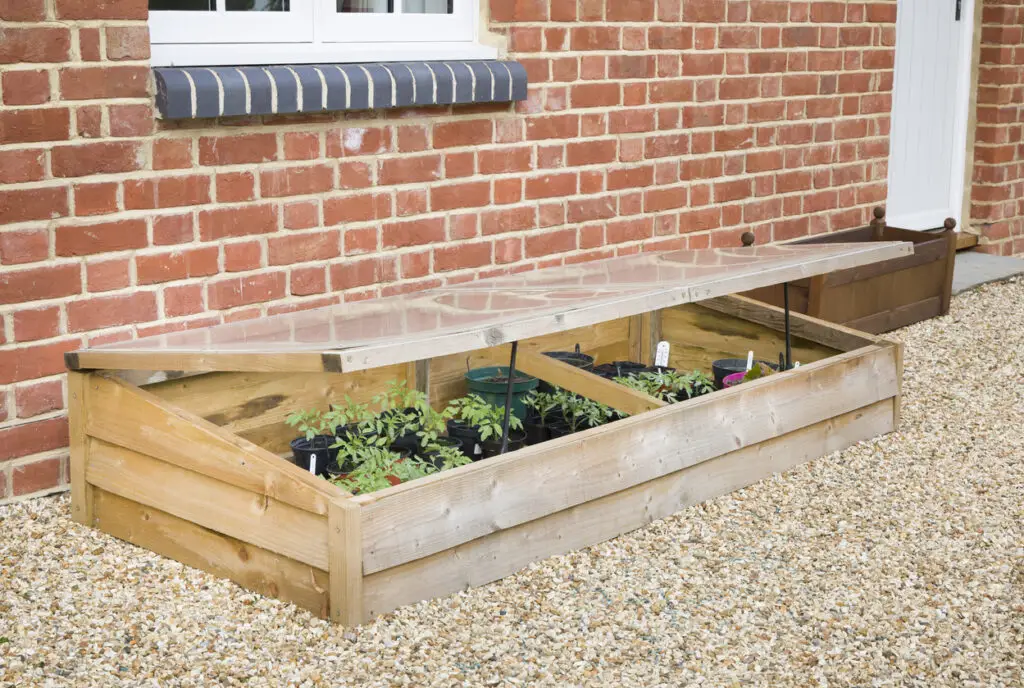
Use row covers, cloches, or fine mesh to protect plants from pests like cabbage worms and squash beetles. Physical barriers block pests from accessing plants while still allowing sunlight and water through.
12. Mulch with Straw or Wood Chips
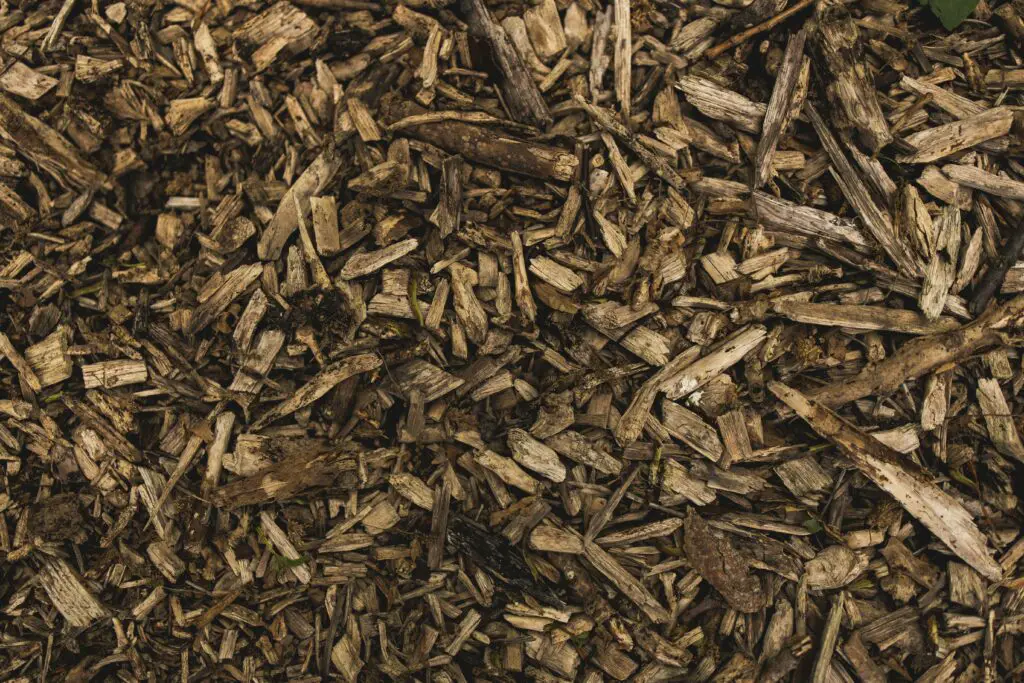
Mulch deters pests like beetles, slugs, and snails, as it creates a dry surface that’s hard for them to crawl over. It also helps retain moisture, keeps weeds down, and creates a healthier environment for your plants.
13. Plant Herbs to Deter Pests
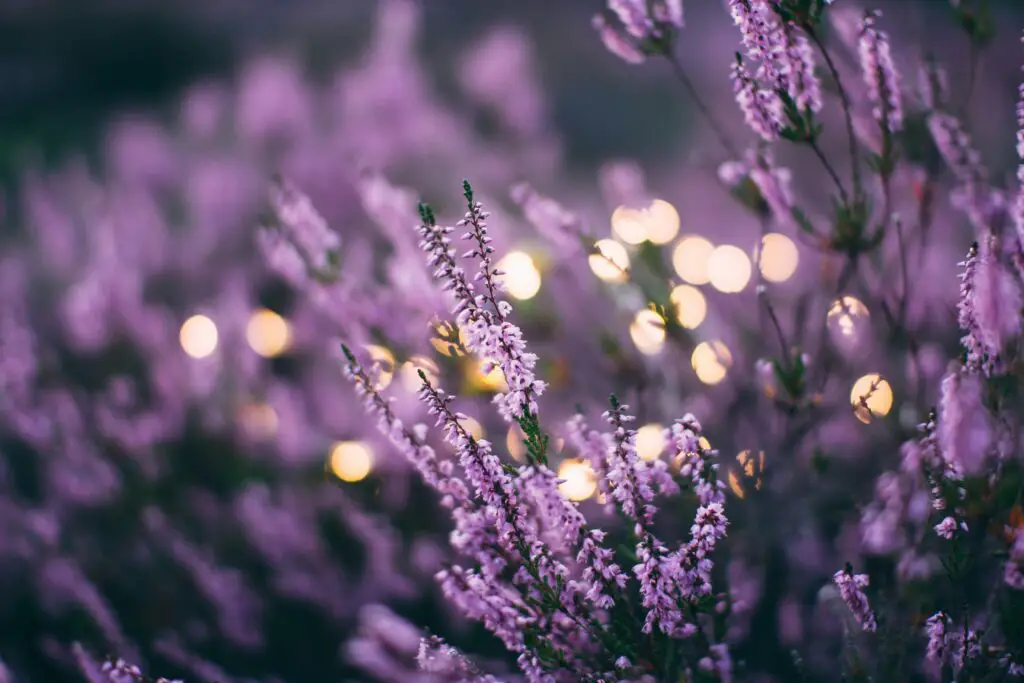
Certain herbs, such as rosemary, sage, mint, and lavender, have strong scents that naturally repel pests like mosquitoes, cabbage moths, and aphids. Planting these around your garden or near vulnerable plants can act as a natural barrier against insects. Not only do these herbs help keep pests away, but they also add flavor to your cooking and bring a delightful aroma to your garden space.
These natural pest control methods allow you to maintain a healthy, thriving garden without resorting to harmful chemicals. Embrace these organic options to protect your plants, promote biodiversity, and create a balanced ecosystem in your backyard.
